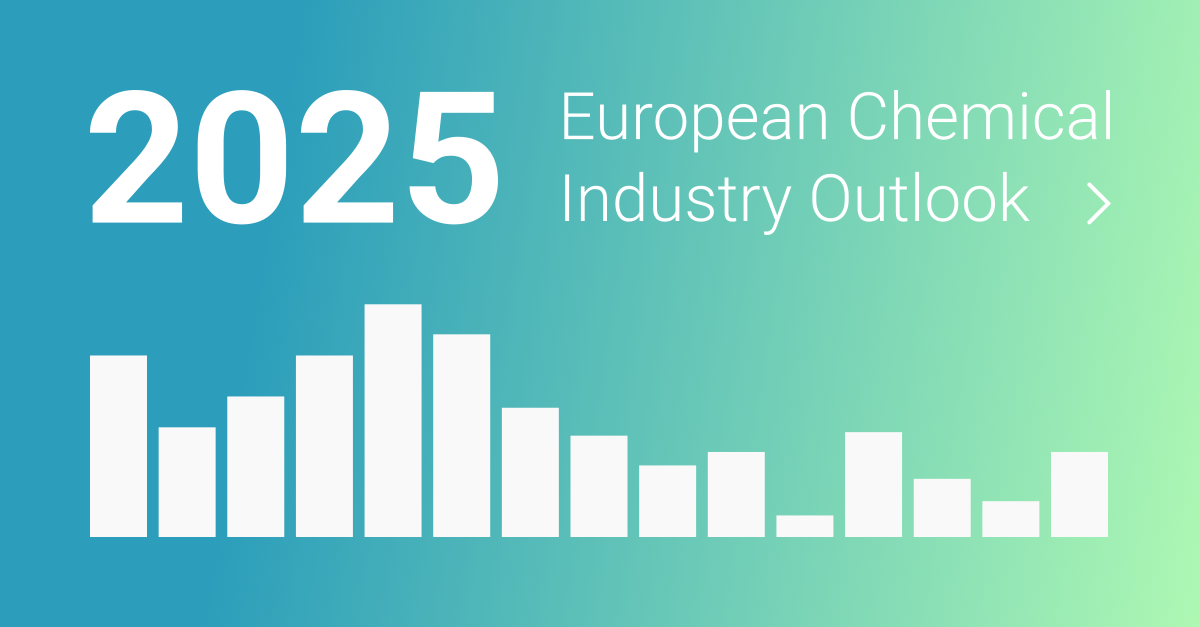- Bio-based PE bags in Japan reduce CO2 emissions by 460 kt over three years.
- In May 2025, Japan will introduce shopping bags with 95% bio-based plastic.
- Bio-based PE aligns with Japan's global warming countermeasures plan.

Introduction
Braskem's bio-based polyethylene (PE) is gaining traction in Japan as a sustainable alternative for retail packaging. This shift is driven by the material's ability to reduce CO2 emissions, aligning with Japan's environmental goals.
CO2 Reduction
Over the past three years, the use of bio-based PE bags in Japan has led to a reduction of approximately 460,000 tons of CO2 equivalent emissions. This is achieved by replacing traditional fossil-based polyethylene with Braskem's I'm green™ bio-based PE, which has a negative carbon footprint.
Future Initiatives
In May 2025, Japan plans to introduce shopping bags made with 95% bio-based plastic in select regions. This initiative builds on the trend since 2020, where bio-based PE has been used at concentrations of more than 30% in shopping bags across various retailers.
Strategic Alignment
Bio-based PE is recognized as a sustainable material in Japan, particularly because its CO2 emissions from incineration can be counted as zero. This attribute aligns with the Japanese government's global warming countermeasures plan, reflecting a commitment to renewable materials and a sustainable society.
Market Demand
There is a growing demand for bio-based materials globally, and Japan is no exception. The adaptability of bio-PE presents opportunities for companies across various sectors to lower the carbon footprint of their products and packaging, meeting the increasing demand for eco-design compliance.
